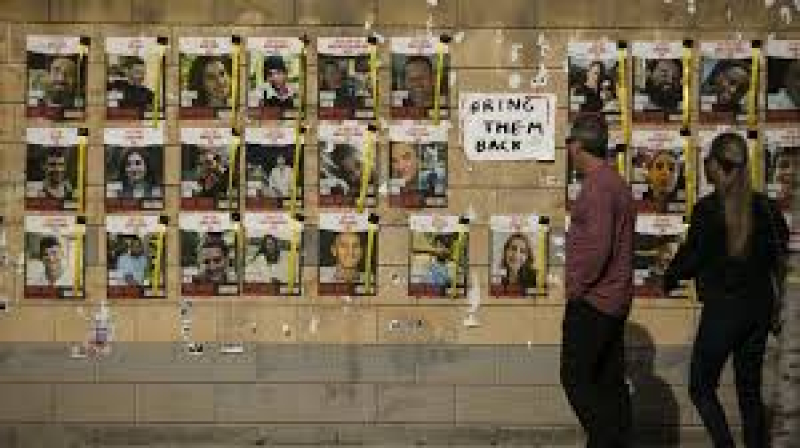- Christmas in Bangladesh Thursday |
- Bangladesh Bars Internet Shutdowns, Restores BTRC Autonomy |
- Tarique Rahman Leaves London for Bangladesh After 17 Years |
- Govt welcomes Tarique Rahman’s return, assures full coop |
- BNP strikes polls deal with 7 more partners, reserves 8 seats |
Talks on new pause in Gaza war gain urgency

While a full ceasefire in the Gaza Strip still looks a long way off, there are fresh signs that a new pause in fighting between Israel and Hamas could be possible.
However, that would require a shift in Hamas's public position. It has consistently said that it will only free more Israeli hostages in exchange for a permanent ceasefire.
Hamas leader Ismail Haniyeh, who usually lives in Doha, has now travelled to Cairo along with a "high level" delegation for talks with Egypt's intelligence chief, Abbas Kamel.
That indicates a level of seriousness.
Both Egypt and Qatar play key roles in mediation efforts and helped secure a week-long truce late last month.
Israel maintains that the war in Gaza will only end when its goal of dismantling Hamas - which has governed there since 2007 - has been achieved.
According to mainstream Israeli media reports, Israel has presented a plan to mediators which could secure the release of some 30 to 40 hostages. This prioritises the remaining women, as well as men who are elderly or in need of urgent medical care.
It is thought that they could be exchanged for Palestinians held in Israeli prisons who have been convicted of more serious offences than the women and teenagers released in the previous deal, and that a truce could last for a week or two.
The Israeli President, Isaac Herzog, told foreign diplomats on Tuesday that his country was ready for "another humanitarian pause, and additional humanitarian aid in order to enable the release of hostages".
Later, after meeting a select group of families with loved ones held in captivity in Gaza, Israeli Prime Minister Benjamin Netanyahu said that "retrieving them is a top goal".
He confirmed that the head of Israel's Mossad spy agency had been twice to Europe in recent days to promote a new release deal. On Monday, in Poland, he and his US counterpart met the Qatari prime minister.
Israeli leaders have continued to assert that only strong military pressure on Hamas will bring it to the negotiating table. However, the families of the remaining hostages have openly expressed scepticism about that.
Their anxiety has risen since Friday's accidental killing by Israeli forces of three hostages.
In recent days, Hamas and Islamic Jihad, a smaller armed faction, have put out two videos showing a total of five men still held captive, pleading to be brought home. All appear thin and the speakers say they fear becoming victims of Israel's bombardment.
Next week, the head of Palestinian Islamic Jihad, Ziyad al-Nakhalah, is also due to travel to Cairo with other senior officials from his group.
It is believed that more than 100 hostages remain alive in Gaza, after 105 civilians were released from captivity in late November, most of them Israeli women and children.
Four hostages had been released prior to that and one had been rescued by Israeli troops.
A number of bodies have also been recovered and the Israeli prime minister's office has confirmed the deaths of more than 20 people who had been held by Hamas.
At a global level, there are growing calls for a complete ceasefire, including at the UN General Assembly.
With the death toll now close to 20,000 in Gaza, according to local health officials in the Hamas-run territory, the UN estimates that 1.9 million of Gaza's 2.3 million residents have fled or lost their homes. There is growing concern about the limited scope for aid agencies to help them.
"Amid displacement at an unimaginable scale and active hostilities, the humanitarian response system is on the brink," Tor Wennesland, the UN's Special Co-ordinator for the Middle East Peace Process told the Security Council on Tuesday.
While UN officials say much more needs to be done, a new pause in fighting could at least allow a boost in aid delivery and distribution, reports BBC.

